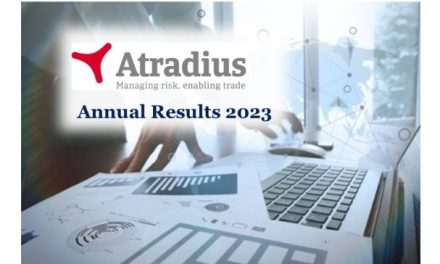More than $1 trillion dollars will be spent on relocating sourcing over the next three years, strategic alliances are being formed to reduce supply chain risk and reduce costs (by pooling shipments) and previously unthinkable changes to the global supply chain will soon be coming to a market near you.
 One of the big headlines out recently was the announcement that GM and Honda would form some specific alliances on managing supply chain activities, including the pooling of purchasing parts. If you supply products or transportation, technology, or services to these companies as they go through these transitions, you really need to have a pulse on what’s happening, or you could be on the outside looking in. Collaborations are going to be taking place more rapidly in areas like electrical vehicle technologies, where one company’s lead in that area becomes an asset as they sell some of those technologies to competitors. Remember coopetition?
One of the big headlines out recently was the announcement that GM and Honda would form some specific alliances on managing supply chain activities, including the pooling of purchasing parts. If you supply products or transportation, technology, or services to these companies as they go through these transitions, you really need to have a pulse on what’s happening, or you could be on the outside looking in. Collaborations are going to be taking place more rapidly in areas like electrical vehicle technologies, where one company’s lead in that area becomes an asset as they sell some of those technologies to competitors. Remember coopetition?
Alliances in the automotive sector has taken place for years. Engines produced by one company have been used in a competitor’s, etc. That is nothing new. But, the coopetition is going to span diverse parts of the supply chain, and create some consolidation in the process even as it brings more manufacturing and sourcing activity nearer to the US.
Changing supply chain activity will rattle economic and geopolitical systems all over the world. It could provide some nice growth to countries that have been sitting on the periphery, unable to compete with the likes of China, South Korea, Japan, and even the US. Emerging markets where labor costs are cheaper, energy is stable, strategically not impacted by environmental conditions, etc. will drive new manufacturing into those areas. Parts of Eastern Europe, Mexico and South America, Africa, and many other areas of the world could get bits and pieces of this shift in sourcing. Not significant to many developed nations, but nice windfalls for these smaller countries.
For corporate procurement planners: “Get your company in the middle of planning global sourcing and supply chain overhauls. Or you’ll catch yourself on the outside looking in.”
For information providers: “Benefit from the supply chain reconfiguration by supplying vital business information on new markets and supplier risk assessment, from AML, KYL and credit risk.” [BIIA editorial comment]
 So, watch your strategic alliances, supply chain partners, and others and do everything in your power to get a seat at the table as they begin to rethink their global sourcing and supply chain activity. That planning process will accelerate in 2021 as physical viral risk reduces, and the ability to collaborate and start thinking post-COVID emerges. Get in the game now. –
So, watch your strategic alliances, supply chain partners, and others and do everything in your power to get a seat at the table as they begin to rethink their global sourcing and supply chain activity. That planning process will accelerate in 2021 as physical viral risk reduces, and the ability to collaborate and start thinking post-COVID emerges. Get in the game now. –
Courtesy Keith Prather, ARMADA Corporate Intelligence


























